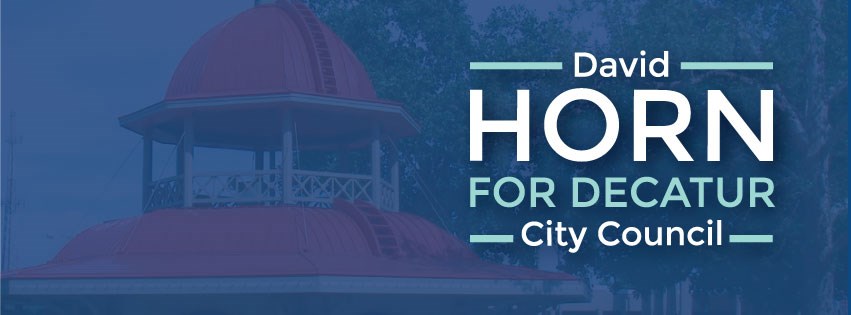
Neighborhood revitalization is a public safety issue
According to the report, “Supporting economic and community vibrancy and wellness in Macon Co.” published in August 2021, one of the top three unmet needs in our community is access to safe neighborhoods. For too many of Decatur’s 70,000+ residents, their neighborhood is perceived as unsafe. According to the 2020 Decatur “Safety and Police Performance Survey” conducted in October 2020, 25.4% of respondents feel quite unsafe or extremely unsafe in their neighborhoods.
Contributing to the perceived lack of safety is that Decatur has not kept pace with the rate of blight in many neighborhoods leading to a build-up in the number of unsafe, dilapidated structures which can be used for drug activity, to store contraband, or become the target of arsonists. In 2019, there were 268 properties declared unfit for human habitation, 155 properties were boarded up, the demolition list was 165, and 60 properties were demolished. In 2021, there were 376 properties declared unfit for human habitation (+40%), 298 properties were boarded up (+92%), the demolition list was 206 (+25%), and 36 properties were demolished (-40%). Decatur also has the most structure fires of any mid-sized central Illinois city.
The city council has taken part in approximately six neighborhood revitalization study sessions the past five years, and each study session has one thing in common, the lack of a budget to accomplish the task. Furthermore, many study sessions fail to engage the public in developing the recommendations being made creating a top-down approach. The substantial need for comprehensive neighborhood revitalization has become clear: 1) As per a map illustrating redlining provided by the Central Illinois Land Bank Authority, “banks historically classified 75% of the City’s urban code neighborhoods as ‘declining’ or ‘hazardous’ – which prevented residents of those neighborhoods from obtaining loan to invest in homes.” 2) There are 5,366 vacant housing units in Decatur and the city’s vacancy rate is 15%. We have far too many housing units in a city whose population declined 7.4% in the past decade from 76,122 to 70,522, and 3) The number of owner-occupied housing units of 61.8% is below the state (66.3%) and national (64.4%) averages, and in Decatur, 49% of renters face a high-cost burden. With 11,517 renter-occupied housing units, there are 5,597 households currently facing high-cost burdens.
The recommendations to be considered in this study session are excellent ones. However, costs need to be understood so that funding can be provided, and once funds are available, they must be spent. For example, once a property is on the city’s demolition list there are no legal barriers to its demolition. However, in the past three years, the city has not used up the funding it has allocated for demolitions. Thus, the number of properties on the demolition list has grown. It does not take another study session to conclude that dilapidated structures in residential neighborhoods are eyesores that pose significant health and safety risks to the public and should be demolished as soon as possible. What is needed is funding levels and action commensurate with the scope of the problems.
PLEASE EXPRESS YOUR VIEWS AT THE NEXT CITY COUNCIL MEETING
A special meeting on neighborhood revitalization will take place on April 11 at 5:30 PM in the council chambers which are located on the third floor of the Decatur Civic Center (1 Gary K. Anderson Place). Free parking is available in the lot immediately south of the entrance. Citizens are encouraged to attend meetings and express their views. Citizens are allotted 3 minutes per person near the beginning of each city council meeting. In addition, citizens can provide comments regarding one regular agenda item per meeting for up to three minutes provided they notify the city in advance (and prior to the start of the meeting). You can request to speak on a particular agenda item at a council meeting by filling out an on-line form at: https://www.decaturil.gov/mayor-and-council/advance-request-to-speak-at-council-meeting/.
CITIZENS ARE ENCOURAGED TO PROVIDE FEEDBACK TO CITY COUNCIL MEMBERS
If you would like to discuss city issues with a council member, phone numbers and email addresses for each council member can be found at the following link: https://www.decaturil.gov/mayor-and-council/council/.
AGENDAS FOR CITY COUNCIL MEETINGS ARE AVAILABLE ONLINE
An agenda and information about each agenda item for each city council meeting can be found at: https://www.decaturil.gov/mayor-and-council/council-meetings/.
